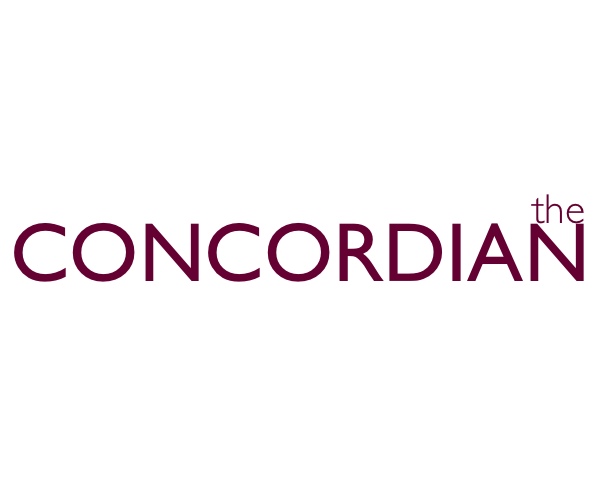Earlier this week, the local news affiliate WDAY covered a home invasion that occured in the house of five students who live near campus. The news report began thus: “A warning and a good reminder for all of us tonight from the Moorhead Police Department and Concordia College Security: Make sure the doors to your home are locked before you go to bed.”
The incident was a good reminder, sure – but is that really the lesson that we should take from the event?
This week, the Concordian covered the same home invasion and interviewed the same sources – only, by the time the Concordian reporter began working on the story, WDAY had already aired their version. And one source indicated to The Concordian that she was unhappy with the WDAY story: She felt it portrayed them as irresponsible for emphasizing the fact that the door was unlocked rather than the fact that someone else was imposing on their home.
So maybe the incident should really serve as a good reminder and a lesson for all of us that it is never alright to blame the victim.
It’s a fallacy that is easy to commit in a culture that supposedly encourages standing up for oneself and making one’s own fortune. If something bad happens to you, it’s your fault for letting your guard down or in some way provoking the wrongdoing, right? Even if that just means a bolt was left unturned.
But victims get blamed even when they don’t let their guard down. Sometimes safety precautions aren’t enough. Take the unlocked door: According to the FBI’s annual uniform crime reports, only about a third of all home invasions occur “without force” – which includes through unlocked doors.
But perhaps the most important thing to remember is that blaming the victim gives people who commit crimes an excuse to commit them. It’s not fair to say that a person who does something wrong fell prey to the temptations of the victim – human beings are equipped with self-restraint and, moreover, someone who commits a crime had the ability to consciously choose whether or not to take advantage of an opportunity for crime. And it’s not fair to say that a victim “had it coming,” because nobody can accurately predict the actions that any small variable might enable or encourage.
If there is anyone who must truly heed this good reminder, it is the news media – and that includes The Concordian. For it is our responsibility to responsibly portray, accurately and objectively, the world in which we live. We ask our sources to give up so much to us: their stories, their trust, their privacy. We must be careful to not also take their dignity in order to spin a better lead.
Peace homes,
Mary Beenken, Editor-in-chief
For The Concordian’s coverage on the break-in, click here.

